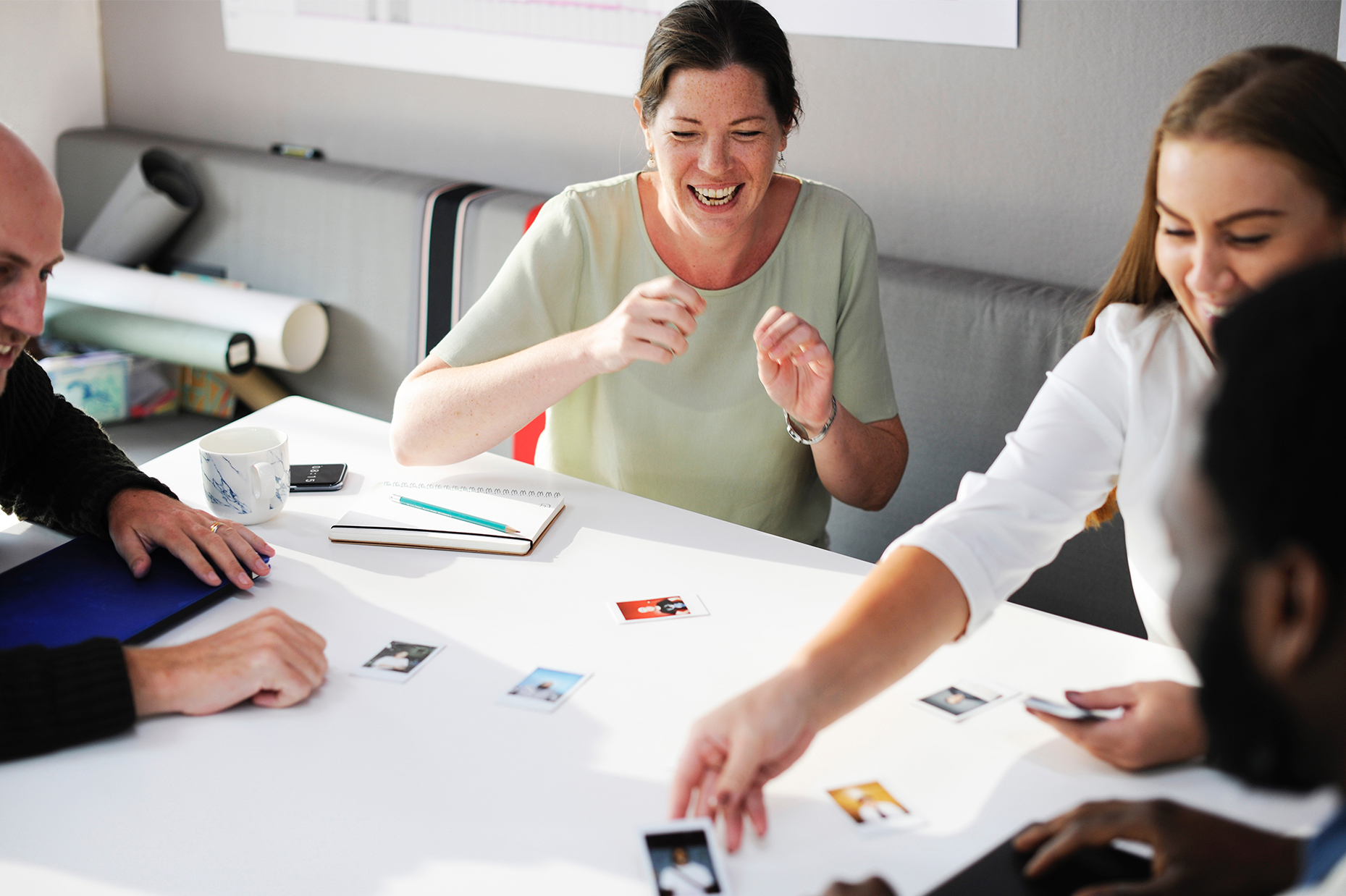Mindfulness has many benefits for your mental health, which is equally as important as your physical health.
![]()
Like any new skill, it takes time and practice to develop and perfect. The younger we start introducing these tools into our children's lives the better prepared they will be later on in life.
Find below 5 simple ways to introduce yourself and your children to mindfulness in everyday life.
1. Carve out time in your day to meditate
Finding and taking the time to sit down and incorporate meditation into your daily routine is the first step in your family's mindfulness journey. Taking a moment to pause, sit down and have mindful control of your breath is a great way to calm the nervous system and make you aware of your surroundings. Carving a short amount of time per day to do this is a step in the right direction.
It can be as simple as taking three big sighs — and pausing after the third one. This is a simple technique that everyone in your family can use and it is a great tool to take forward into everyday life.
![]()
2. Create mindfulness routines before bed
Sleep is extremely important for growth, development and helping the brain function.
It’s a good idea to have family rules around phones and other electronic devices being switched off at a reasonable hour and kept out of bedrooms to encourage better sleep patterns. This is especially relevant for teens who more often than not are pulled into the virtual world of social media.
To help your child unwind at the end of a busy day, you could play a bedtime meditation and all meditate together. Settling their minds in this way will increase their chances of falling to sleep quicker and more deeply. It’s also a great way to incorporate mindfulness into everyday life and for the whole family.
![]()
3. Make time to create quiet moments
It is important to create a feeling of quiet and calm in the home, allowing children to feel comfortable in their own company and lower the stress levels in their growing bodies. The fast-paced nature of modern life often means that hours on end are mindlessly spent scrolling and watching screens.
Setting regular times where the whole house has “quiet time” involving the whole house consciously turning down the volume, switching off all digital devices and distractions. Moments like this encourage everyone in the family to have some time to just appreciate the moment and enjoy living.
![]()
4. Practice gratitude as a family
The past year has been a difficult time for us all, both across Australia and around the globe. With a constant news cycle of bad news, job losses and Coronavirus fears it can seem hard to find the positives around us. Despite all this turmoil, it is important to remember what we do have rather than what we don’t and what we are grateful for in our lives.
A good way to do this in the evening, sit down with your children and ask them to write down three things they are grateful for. Repeating this every night or once a week, will help your kids recognise the positives around them and feel secure and safe by the goodness in their lives. It can also be a nice experience for you to hear them share their stories and thoughts in an open way!
![]()
5. Connect to Nature
Spending time in nature and in the fresh air has immense benefits for us all. The fresh air, natural light and vitamin D help improve not only our mood but also allow us to become naturally more mindful. You could try a picnic in your back garden, a walk around the park or a visit to the beach.
A fun and mindful activity can be to ask your children to find objects in nature that have different qualities and textures (e.g. smooth, rough, nice smell) using their senses to engage in the present moment.
![]()
We hope these tips will set you up in good stead to begin your mindfulness journey or perhaps have given you some new ideas to try! For more tips and for a collection of meditations check out the free Smiling Mind App.
Remember to start small. Mindfulness is called a practice because you need to practise - do your best to stick with it and observe the positive changes it has on your children, yourself and those around you.








.jpg)




